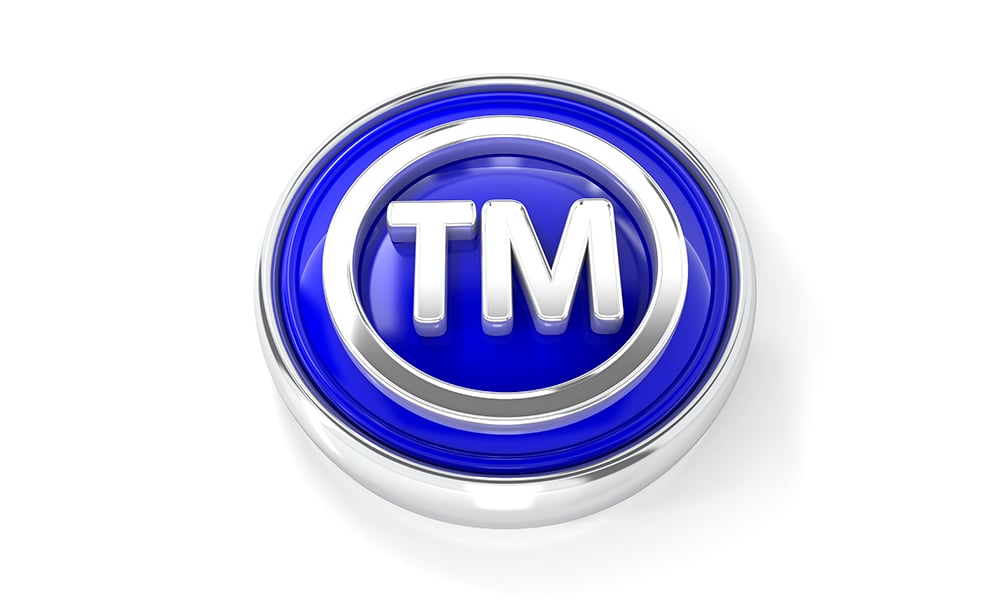Due diligence required for trademark usage has increased, say lawyers

The jury is still out on the success of the amendments to the Canadian Trademarks Act that came into play in June 2019, to better align with five international intellectual property treaties. Among the most significant revisions are the removal of the “use” requirement for registration, Canada’s introduction to the Madrid System, the implementation of the Nice classification and changes to fees. Many lawyers are concerned that the removal of the “use” requirement for registration will result in an increase in problematic trademark squatters.
“You no longer have to say that you are using a trademark or intending to use it in Canada, so entities are registering trademarks that belong to others,” says Mark Davis, a partner and trademark agent at Norton Rose Fulbright Canada LLP. Another problem that arises is the difficulty in recognizing which trademarks are available.
“If you’re launching a new product, you want certainty that you’re not going to run into trademark problems,” says Davis. “The last thing anyone wants to do is spend millions on an advertising campaign and then find someone else has the rights to prevent the ongoing use of the trademark.” The due diligence required before filing a trademark has increased, in Davis’ opinion.
Despite concerns, some in-house counsel are benefitting from the removal of the “use” requirement.
David Felicissimo, general counsel at Valsoft Corporation and Valnet Inc., does not believe the issue of squatting will be as bad as some think as prior use will still be given priority.
“The trademark office is very responsive and quick to deal with infringement when there’s a conflicting mark,” he says. In fact, Felicissimo considers the removal of the “use” requirement to be helpful to his business as it enables him to proactively register multiple marks before they are close to being in use.
“Valnet owns and operates various websites in different verticals, so, oftentimes, we would be developing a website or building it, but we wouldn’t necessarily file a trademark until we were very close to launch and we would test out different names,” he says. “Now this allows us to register multiple marks. The cost is not that high, so we can do so earlier in the process rather than later, so that’s a positive.”
Under the Madrid Protocol, a single trademark application can be filed through the World Intellectual Property Organization and rights can be extended into other jurisdictions, instead of having to file in each jurisdiction separately.
“This has tremendous advantages for large trademark filers as they can take care of it all in one shot,” says Felicissimo.
However, the Madrid Protocol also permits foreign applicants to designate Canada under an international registration, which is happening frequently and presenting problems, according to Jonathan Colombo, a partner at Bereskin & Parr LLP.
“How is Madrid for the benefit of Canadian companies when it is being disproportionately used by foreign companies to get rights in Canada?” questions Colombo. Foreign companies are applying for trademarks in Canada, which they never use, creating a need for further diligence from Canadian in-house counsel, he says.
“You need to think strategically about your portfolio and what marks you are protecting and where the gaps are,” says Colombo. “You might want to try and reserve certain marks so they are not scooped up by a third party.” In-house counsel should prepare for the fact that IP enforcement costs are likely to rise as a result of such defensive filing, he says.
“Register early and register often,” advises Davis. “What you need to do with foreign registrations coming in is keep track of who is out there and which trademarks might present a problem to you.”
The amended act also introduced mandatory Nice classification. The international treaty establishes a classification system for goods and services that trademarks cover. In addition, fees to file an application have increased to $330 for the first class plus an additional $100 for each subsequent class from $250 for any number of classes of goods and services. The period before a certificate of registration must be renewed has decreased to 10 from 15 years.
A broader range of non-traditional marks is now registerable, including taste, scent and texture. Other marks that were previously considered registerable, such as taglines, are now raising objections because they are not inherently distinctive, which is causing problems according to Meghan Dillon, a partner at Bereskin & Parr LLP. Some believe the words included in such taglines should be available for all traders to use.
“In order to overcome that, you now have to file evidence to the court that precludes you from registering borderline generic/descriptive taglines on the basis of proposed use, so, unless you had use before filing, you’re out of luck,” says Dillon.
The new regulations and the need for every application to be examined for distinctiveness has created a tremendous backlog at the Canadian Intellectual Property Office. Moreover, very few Canadian businesses have used the Madrid system thus far as they adjust to the new reality, so the long-term success of the amended act remains to be seen. Although Colombo is in favour of modernization, he says the consequences of some of the amendments were not well thought through by the government.
On the other hand, Felicissimo is optimistic. “Overall, I’m hearing positive things, but it’s early days, so we’ll have to see how it plays out,” he says.










